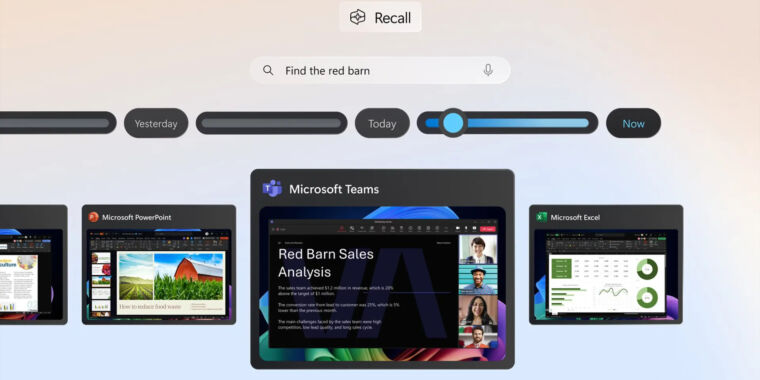- cross-posted to:
- technology@lemmy.world
- privacyguides@lemmy.one
- cross-posted to:
- technology@lemmy.world
- privacyguides@lemmy.one
According to the article, this new tool automatically blocks DRM content, but not sensitive, personal data. It can’t possibly mean Microsoft care more about copyright than people’s rights… right?
I think it’s more that they’re more scared of big media corporations than of random users.
To play devils advocate, DRM content is explicitly labeled as such, and is easily detected when it’s “properly” displayed. It’s likely trivial to exclude it from recording. Edit to note: I mean the video data itself is labeled, not the files. In fact most screenshot/recording software already can’t see DRM content out of the box. Try taking a screen grab of Netflix or CrunchyRoll (with a browser or app that has DRM labeling enabled)
Conversely, PII is notoriously hard to detect. It can come in infinite shapes and sizes, on websites, native apps, and images. And it is virtually never flagged in a way that you could programmatically censor it without heavy analysis of each frame. And then, unless you’re supplying it with all PII that will ever be entered into that machine preemptively, it would have to guess at what PII is.
Of course, none of this would be a problem if they actually took the time to explain what this was, and made it an opt-in with clear and concise wording on what it is that you’d be opting into.
But we all know that won’t happen.
Shout out to Hue Sync not working with DRM content despite the lights changing color for a moment so clearly they can sort of see it. I love DRM and HDCP so much 🥰🥰🥰😍💖






